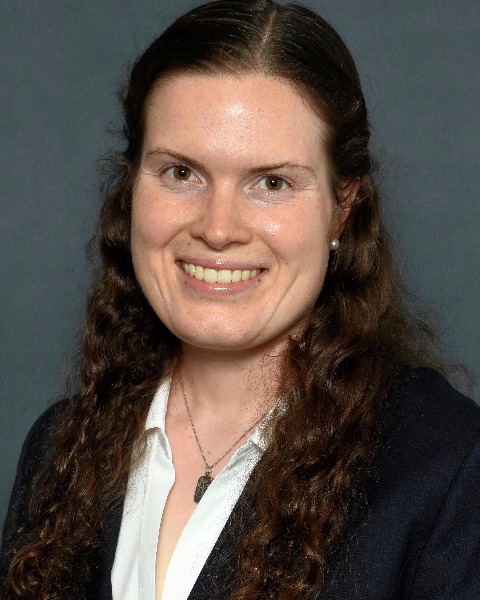Palliative Care Works in Progress
Session: Palliative Care Works in Progress
WIP 64 - Exploration of pediatric residents’ preparedness caring for imminently dying patients
Monday, April 28, 2025
7:00am - 9:15am HST
Publication Number: WIP 64.7457
Kate Paulsen, Lucile Packard Children's Hospital Stanford, Palo Alto, CA, United States; Jessica Moriarty, Stanford University School of Medicine, Palo Alto, CA, United States; Justin Baker, Lucile Packard Children's Hospital Stanford, Half Moon Bay, CA, United States; Carrie Rassbach, Stanford University School of Medicine, Palo Alto, CA, United States

Kate Paulsen, MD (she/her/hers)
Pediatric Resident
Lucile Packard Children's Hospital Stanford
Palo Alto, California, United States
WIP Poster Presenter(s)
Background: Pediatric residents care for dying patients in a variety of hospital settings. Both the American Academy of Pediatrics (AAP) and Accreditation Council for Graduate Medical Education (ACGME) endorse the importance of end-of-life (EOL) care training. Caring for dying patients requires knowledge of the dying process, symptom management, and effective communication skills. A prior study found that residents do not feel adequately prepared to perform many of the responsibilities associated with EOL care but did not explore the contributing factors or the impact on residents. Other studies demonstrate the emotional toll on pediatric residents when caring for dying patients and the coping mechanisms they utilize; however, the connection between resident preparedness and coping still requires further exploration.
Objective: This study aims to explore pediatric residents’ preparedness caring for dying patients, what would better prepare them, and how their preparedness impacts coping before and after the death. Results from this study will generate recommendations for EOL curriculum and resources within pediatric residency programs to empower residents to better care for patients during residency and after and to assist in resident coping.
Design/Methods: This IRB approved study will consist of focus groups of 4-6 PGY2+ pediatric residents who have cared for patients at end of life with at least four focus groups or until thematic sufficiency is reached. Transcripts will be coded with thematic analysis by two members of the research team. The first focus group was held in October and the remaining will happen in December. Preliminary themes include residents feeling less prepared with pain management, the dying process, sudden deaths, and under resourced hospital environments. Residents identified the following factors that may increase preparedness: tangible resources, informal on the job training, communication training, and didactics. With regards to coping, decreased preparedness negatively impacted coping while debriefing and validation for care at EOL were protective.

